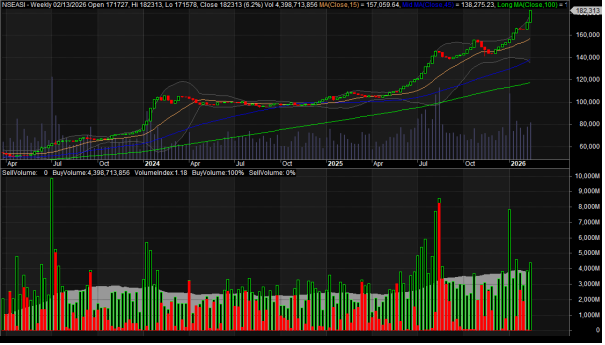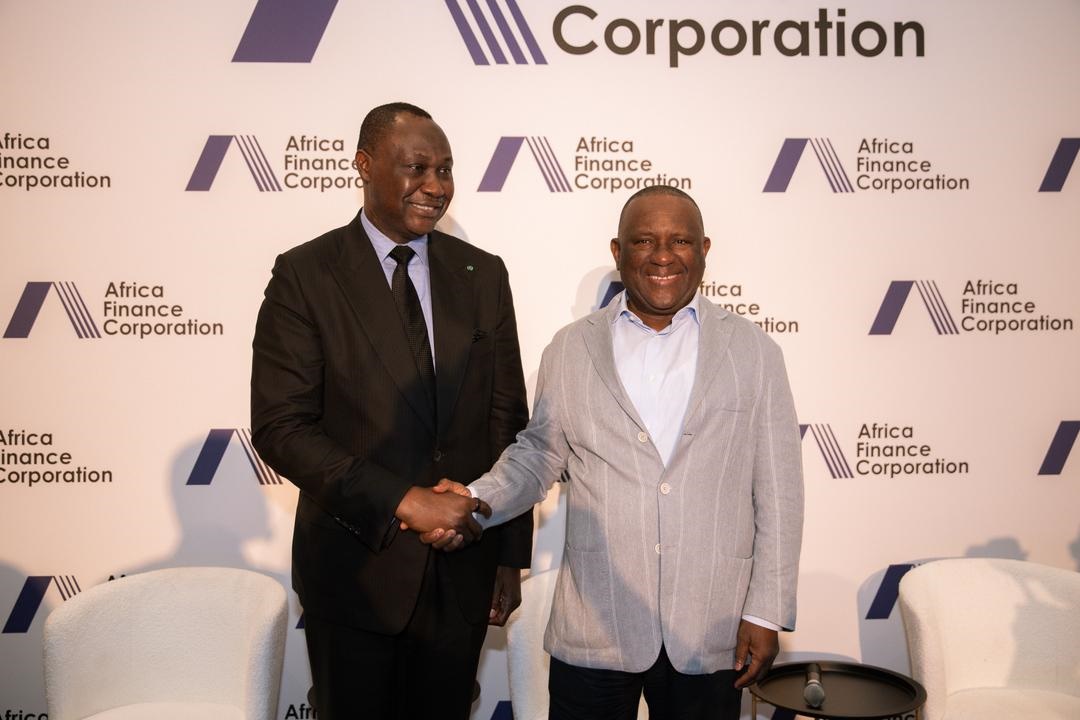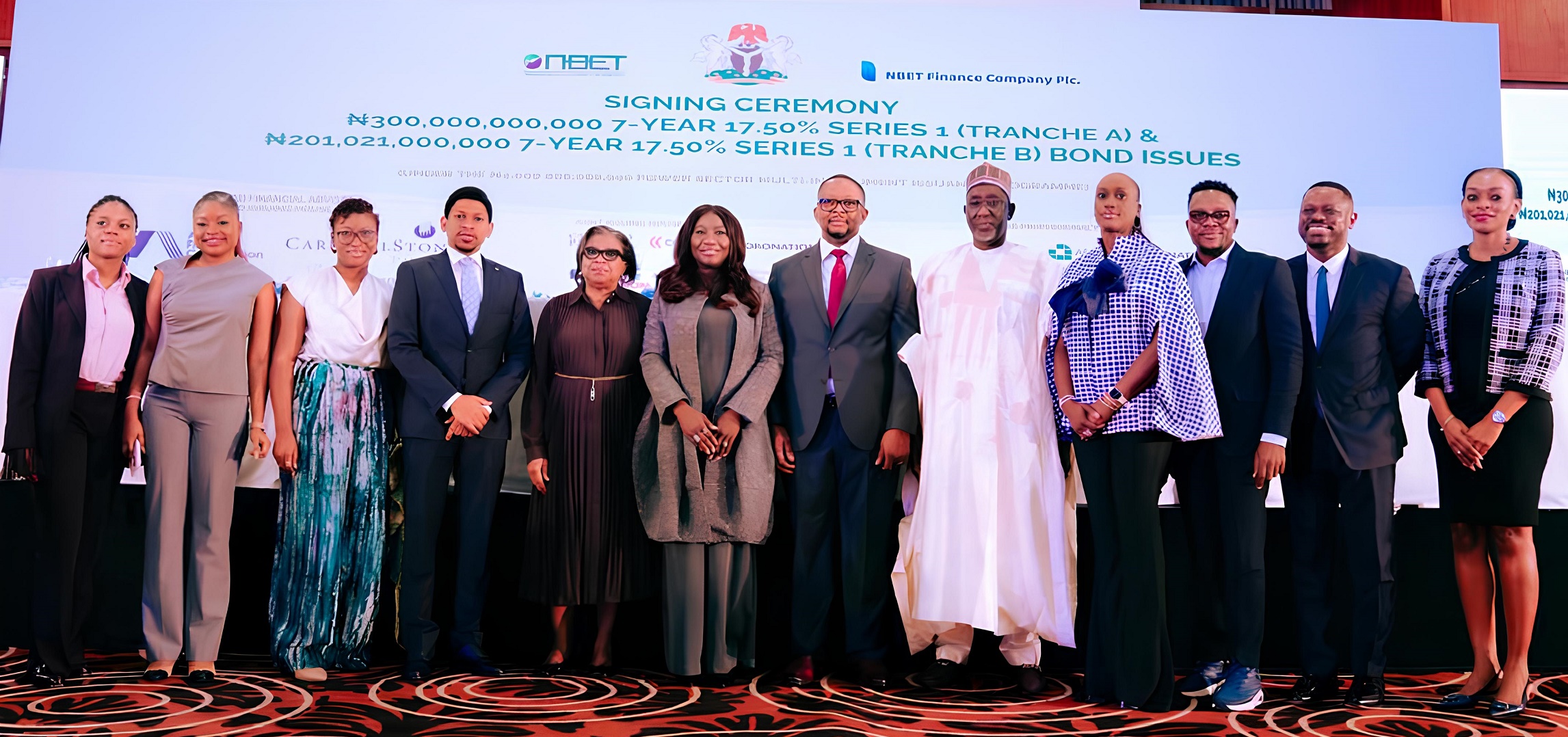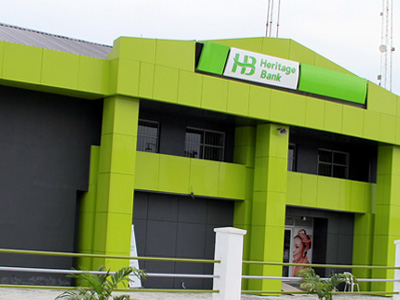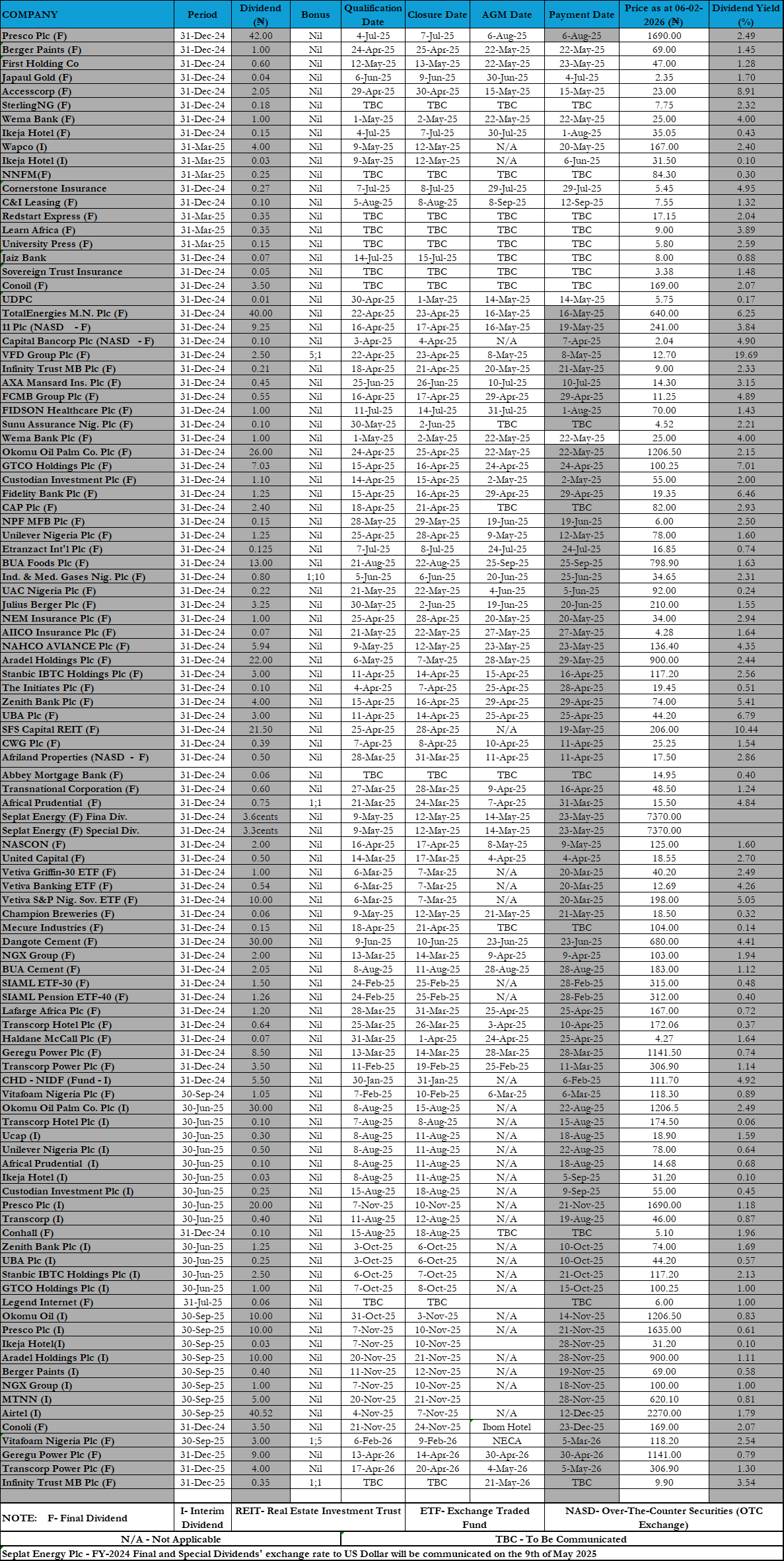
Directors of Dangote Cement Plc, on Wednesday, presented its audited financials for the full-year ended December 31, 2019, showing a marginal drop in revenue, even as management successfully kept sales cost in check, resulting in N200.5bn net profit.
The company has therefore proposed a dividend of N16 per share, from the earnings per share of N11.77 each for consideration and approval by shareholders at the annual general meeting, compared to the prior year’s N22.83 each.
A statement by the group explained that the result could have been far more robust but for the impact of the Federal Government’s continued border closure on the company’s export sales revenue in the second half of the period under review, quoting the outgoing chief executive, Joseph Makoju.
In his outlook for 2020, Makoju expects “an increase in volumes in 2020 as we commence clinker exports via shipping from Nigeria.”
As a way out, Reuters also quoted him as announcing during an investors’ call, plans to start exports from the group’s Congo Republic plants to neighbouring states after its Nigerian exports fell 41% in 2019 when Nigeria’s government closed its borders.
Even then, he said “Dangote Cement maintained strong financial performance despite a low growth environment, pricing pressure and increasing competition in key markets. The Nigerian operations maintained volume and revenue performance in a challenging environment,” he continued, even as he expects Dangote Cement’s profitability in Pan-Africa to rise, going forward, “driven by higher volumes and further efficiency improvements.”
Revenue for the period stood at N891.671bn, the lion’s share of which was Nigeria’s N610.247bn or 68.44%, while its pan-African operations contributed N282.71bn; compared to previous year’s N901.213bn, boosted by N618.301bn from Nigeria; while Pan-Africa fetched N283.262bn. A further breakdown showed that the lion’s share of the pan-African revenue came from Ethiopia, with N53.891bn, slightly above the prior year’s N51.427bn; while that of South Africa fell from N58.993bn to N46.372bn. The biggest growth 98% came from Tanzania, which grew from N19.473bn in 2018, to N38.539bn.
The production cost of sales dropped slightly from N383.311bn in 2018 to N379.989bn, the bulk of which was the N122.851bn spent on fuel and power consumed during the period, a drop from N133.528bn; followed by the N117.239bn material consumed, from N122.581bn; among others.
Administrative expenses stood at N54.124bn, from N52.501bn, with salaries and related staff costs gulping N12.853bn, as against the previous N11.323bn; followed by the N6.359bn depreciation and amortization, up from N6.087bn; while rent, rate, and insurance accounted N6.578bn, from N5.341bn.
Selling and distribution expenses climbed from N136.925bn, up to N160.645bn, led by haulage expenses of N107.176bn, as against the previous N88.04bn; while finance income fell to N7.61bn from N11.323bn. Finance cost increased from N49.778bn to N57.673bn, the major chunk of which was the interest expenses that rose from N41.413bn from N43.829bn. Foreign exchange loss rose from N8.112bn to N13.481bn.
Other income for the period dropped from N10.222bn to N2.98bn, with sundry income dropping from N6.871bn to N2.143bn. Sundry income for 2018, the company explained, includes N3.4bn for provisions reversed which are no longer necessary.
Profit after tax for the period stood at N200.935bn, compared to the N388.983bn reported in 2018.


